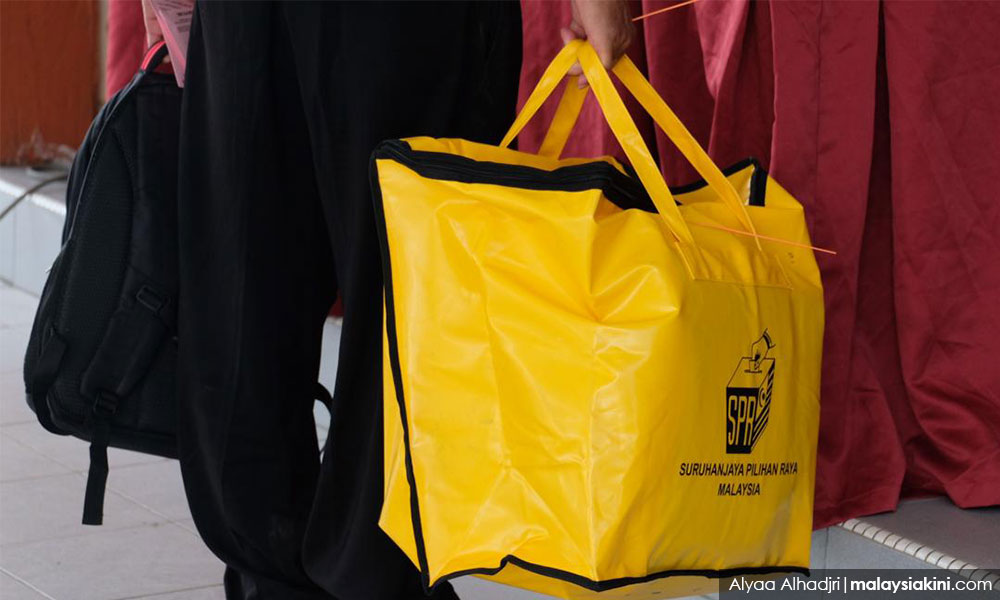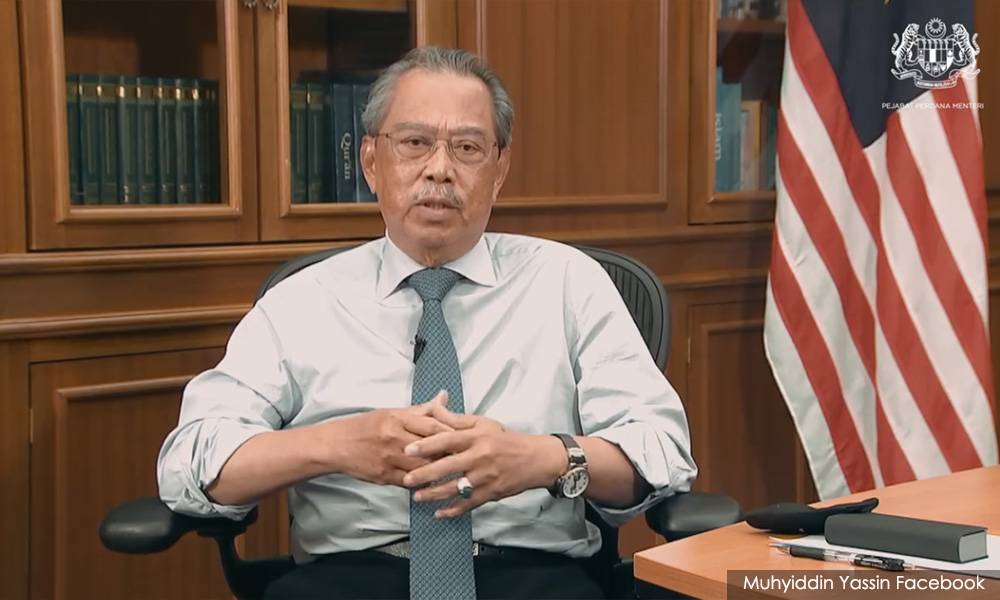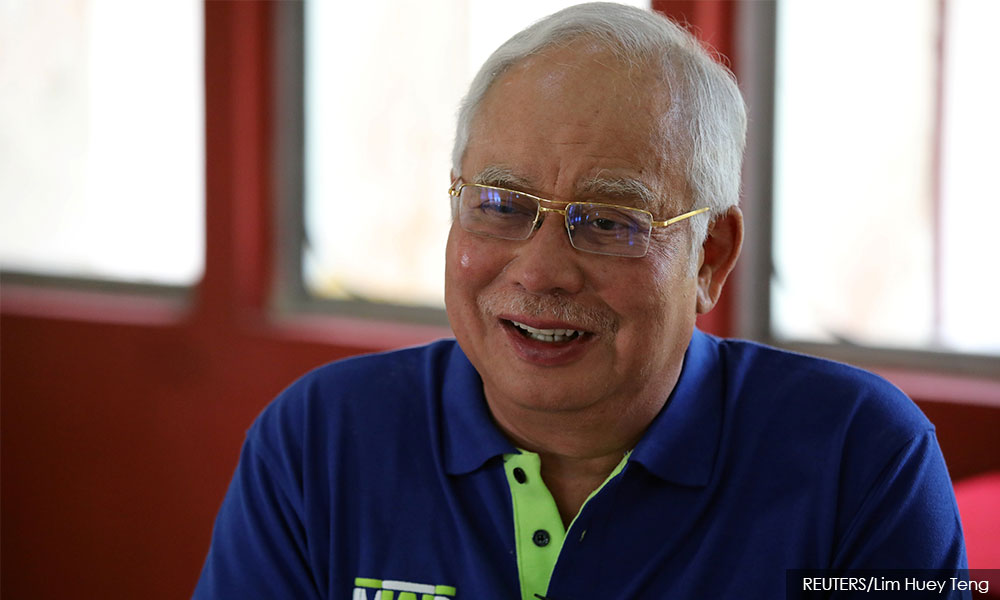Malaysia has had a hard year. The Covid-19 pandemic has had a serious toll - lives and jobs lost, systemic strain and a major contraction of the economy, hitting those vulnerable the hardest.
Political Failings
Yet, the main cause of the nation’s suffering has been homegrown, self-inflicted damage by political leaders. The political class across parties have largely focused on grabbing power and the spoils of power rather than using the office for public service.
From February’s Sheraton Move to the destabilisation of Sabah in June and December ouster in Perak, political machinations have been at the forefront. Repeatedly, politicians have flaunted and changed the rules for their own selfish ends, blatantly and without remorse.
In the office, greed and incompetence have been on display, boldly and with impunity.
To say that Malaysia has had a democratic contraction would be an underestimate - as the mandate of the 2018 election was tossed aside and party elections have been pushed down the road. Rights have also narrowed with unjustified attacks on media.
The return to the ballot in Sabah did little to resolve the persistent polarisation in the country and, tragically, endangered the community due to the flagrant disregard for rules on the part of political leaders.

Worse yet, the year has seen stunting of the nation’s progress. While there have been important interventions in the economy with an additional distribution of funds, Malaysia has not adequately positioned itself where it needs to be to respond to the deepening economic crisis and not taken meaningful steps to strengthen the social safety net.
While Malaysia has fortunately not experienced the ravishment of Covid-19 elsewhere, such as in neighbouring Indonesia or the United States, the virus is widespread in the community and at year’s end inadequately under control.
Needed institutional reforms have been dismantled, as race and religion continue to be used as justification for holding power. Malaysians have watched as their neighbours have already started distributing the vaccine, and how inadequate planning has placed Malaysia at a comparative disadvantage.
The assumption remains that things will return to ‘normal’, when in fact the ‘new normal’ is far below where Malaysia should be. There is little appreciation among political elites of how Covid-19 will scar Malaysia’s society and economy.
Find their own way
Yet under the Covid-19 spotlight, where priorities have sharpened and political shenanigans have been on display, this unprecedented exposure and trauma have provoked a quiet, yet unappreciated shift in the nation’s political life.
Malaysians are increasingly looking at each other rather than their leaders for solutions. They are filling gaps and finding solutions. The quiet story of the year is one of these changes from below. They speak of resilience, recalibration and ongoing renewal.
Let me explain.
Increasingly, politicians and elections are not being seen as solutions for the nation’s ills. Sure, there remains deep hope for better leadership and there is a reservoir of support for potential good leadership (as evident of the initial groundswell of support for Muhyiddin Yassin when he first took office), but in this crisis, Malaysians have largely responded on their own.

The most obvious examples of this involve the massive outpouring of generosity on the part of Malaysians. Looking at the various reports and gleaned from private conversations, the amounts are in the billions, yes billions.
The recent call for laptops in Muar is just a tip of a much larger movement that has seen repeated turn to the private purse or account to support others.
In stark contrast to the selfishness of politicians whose concern for money in their own bank account have blinded principles, ordinary Malaysians have shared; sometimes in small meaningful ways by buying from their local small business and in other times through large donations.
The phrase that has embodied this spirit, #kitajagakita (we look after ourselves) when appropriated by politicians and companies has evolved into #rakyatjagarakyat (people look after people).
This deeply challenging year has seen the true spirit of Malaysians come to the fore, the generosity and caring of each other.
Much of the giving has been colour blind, focusing on the need, not the creed. These anonymous connections have strengthened the country’s resilience.
Coupled with support has been an ongoing recalibration. Malaysians have long put political leaders on pedestals.

This year they fell off - hard. Some had fallen off long ago, such as this year's convicted Najib Abdul Razak in his 1MDB scandal. This year, the rose-coloured glasses about leaders more broadly came off.
While some may miss the glow of leaders, the new light has forced people to look to other sources for direction.
The year 2020 witnessed unprecedented rich open discussions of policy, saw new alliances take root in the business sector as conditions forced adaptation and held unprecedented information sharing in society.
Discernment, discussion and debate have become more common in Malaysian public life.
Finally, and not least, has been attention to renewal. Repeated calls for new leaders have taken root, as more attention has focused on the youth, their needs, hopes and aspirations. Many older Malaysians are seeing their own hopes embodied in the young.
This shift towards new leaders, new solutions and new formulations has gained traction and will continue to do so, as the focal point for the nation’s political trajectory is changing.
Ironically, out of the 2020 political traumas and drama, the driver of political change has moved to below, to the people.
This people-driven change has happened in the past but looking forward, it is likely to take on new forms and new issues as Malaysia looks ahead.
BRIDGET WELSH is a Senior Research Associate at the Hu Fu Centre for East Asia Democratic Studies and a Senior Associate Fellow of The Habibie Centre. She currently is an Honorary Research Associate of the University of Nottingham, Malaysia's Asia Research Institute (Unari) based in Kuala Lumpur. She tweets at @dririshsea. - Mkini
The views expressed here are those of the author/contributor and do not necessarily represent the views of MMKtT.




No comments:
Post a Comment
Note: Only a member of this blog may post a comment.